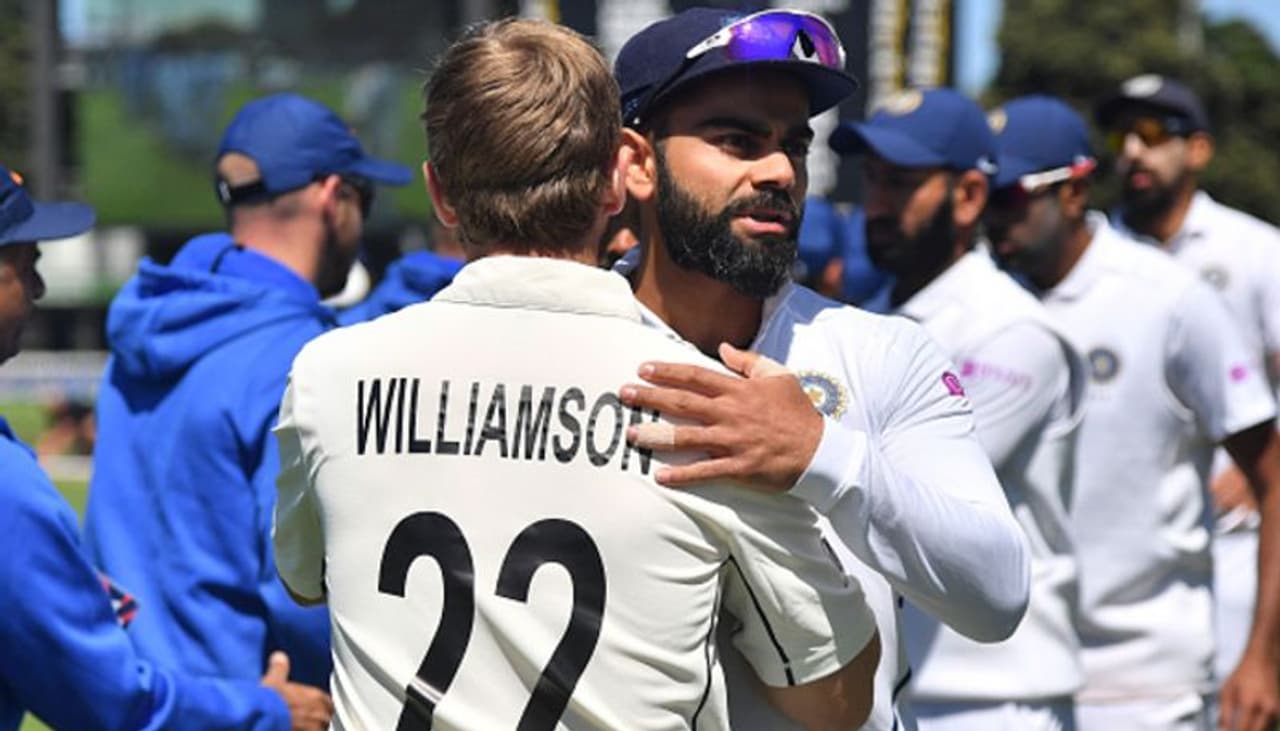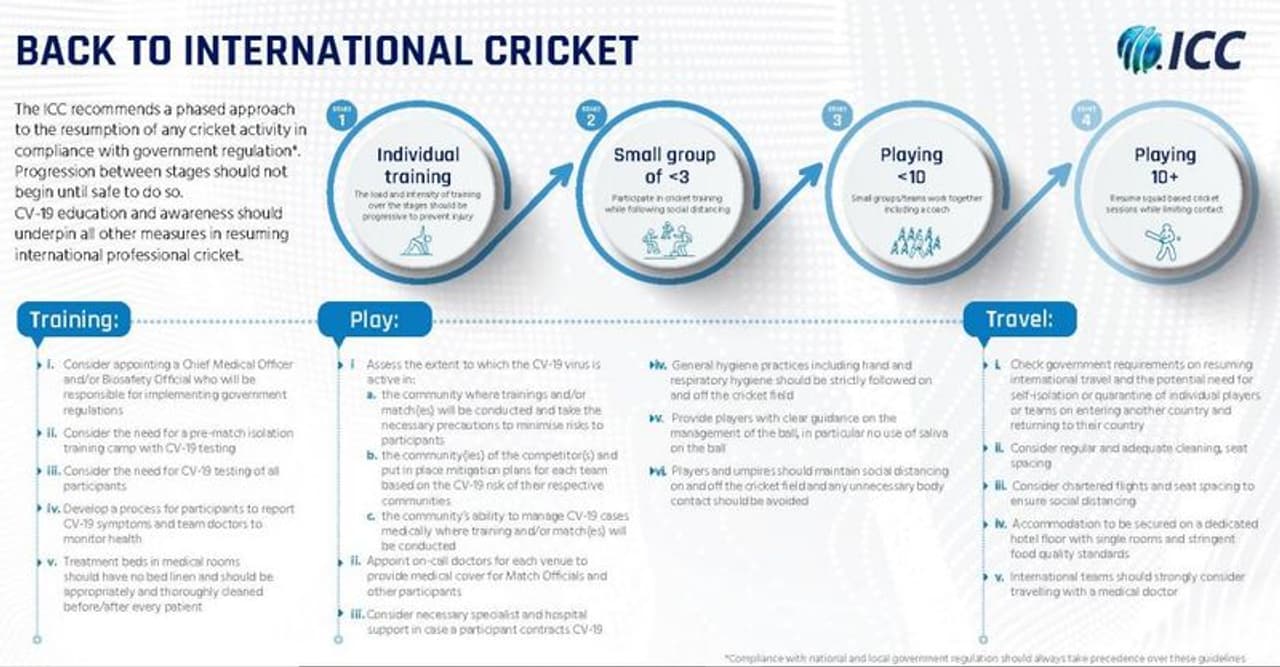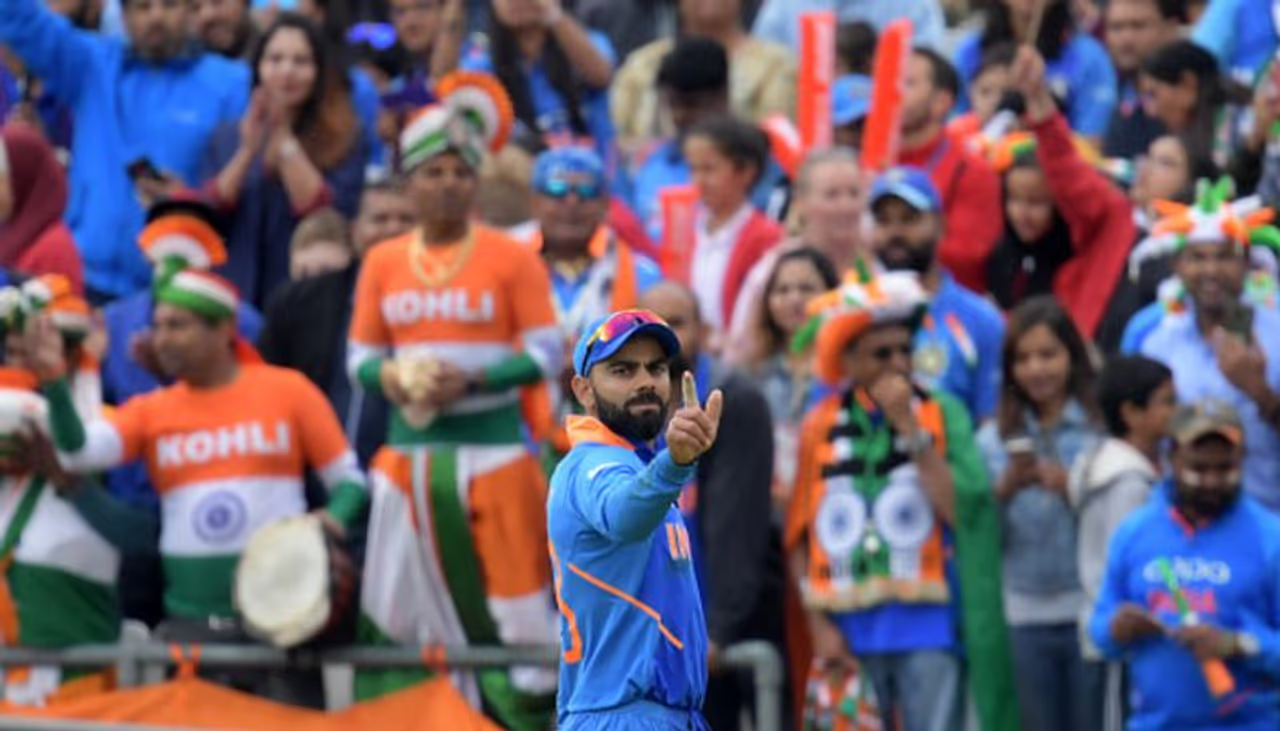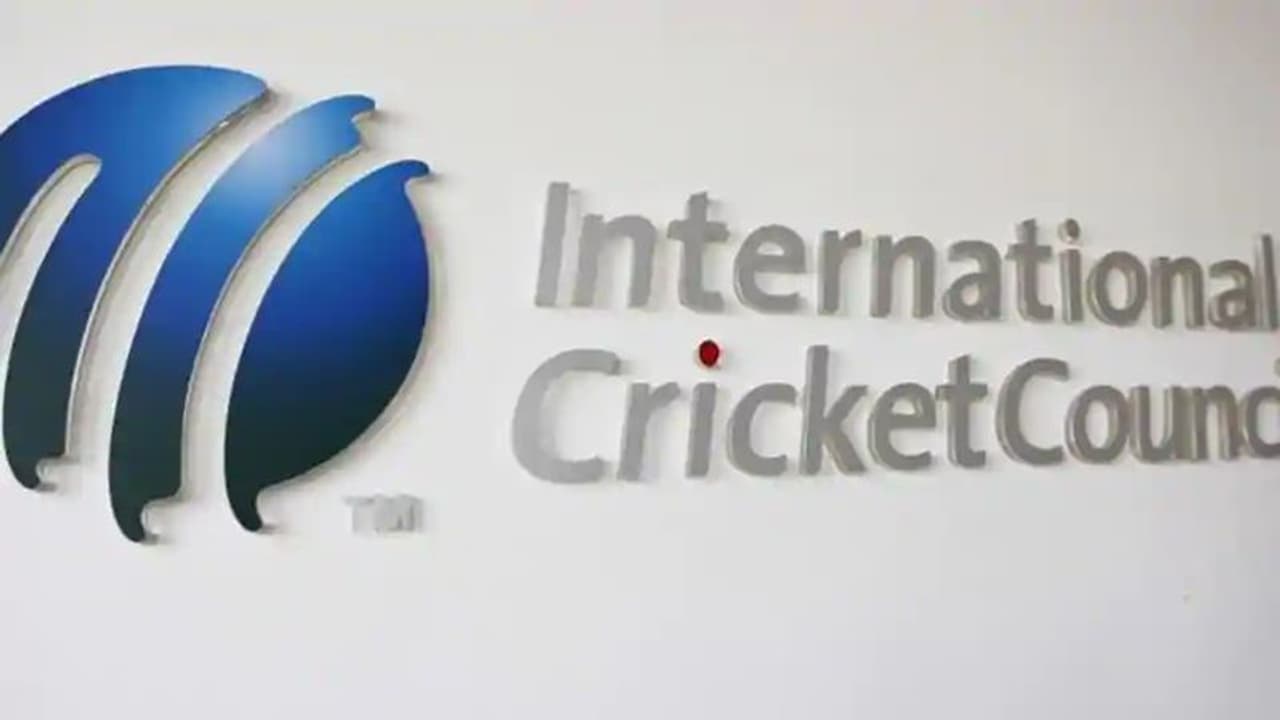The International Cricket Council (ICC) has issued 'back to cricket' guidelines. Here is all you need to know about ICC's dos and don'ts to avoid the risk of the coronavirus (COVID-19). Also, you can access the full document here
Dubai: It will be a whole new experience for cricketers when they return to training and to play the game due to the coronavirus (COVID-19) pandemic.
Also read: Fans love Virat Kohli-Kane Williamson unseen picture
Although it is still not clear when cricket matches will resume, the International Cricket Council (ICC) has issued “back to cricket’ guidelines to be followed. Social distancing, 14-day isolation camps, using hand sanitisers, umpires wearing gloves and more are part of ICC guidelines.
Also read: India likely to tour South Africa
“ICC Back to Cricket Guidelines” is a document developed by the ICC Medical Advisory Committee in consultation with Member Medical Representatives, and provides guidance for the safe resumption of community cricket, domestic professional cricket and international cricket, ICC said on Friday (May 22).
Also read: ICC committee recommends ban on use of saliva

Scenes like this won't be seen in the near future as social distancing is important
The guidelines do not provide answers to when the game can resume in different parts of the world, rather provide a framework with practical suggestions on how members can resume cricket in a manner that protects against the risk of transmission of or infection with the COVID-19 virus, ICC said.
The ICC advised its members to use these guidelines as the basis to create their own policies for return to cricket activity in compliance, in all cases, with local and national government regulations (which should always take precedence) and to ensure the cricket community applies the necessary safety measures when resuming cricket.
ICC said, “The purpose of this document is to provide guidance for the safe resumption of cricket activities (training, playing, and travelling) in countries and regions at community, domestic professional and international levels. These guidelines have been developed by the ICC Medical Advisory Committee in consultation with Member Medical Representatives.
“This document does not seek to address the question of ‘when cricket can restart’ – as this is individualised to each country. Rather, this document offers guidance on how members can return to play alongside the resumption of outdoor sport and exercise in their country once they are able to.”
Here are the key guidelines from ICC for resumption of cricket
1. Based on international evidence, transmission of CV-19 is assumed to be greater for indoor sporting activity than for outdoor activity, even with taking similar mitigation steps. Extra caution should therefore be taken for any indoor cricket activity.
2. Consider appointing a Chief Medical Officer and/or Biosafety Official who will be responsible for implementing government regulations and the biosafety plan to resume training and competition.
3. Consider the need for a pre-match isolation training camp with health, temperature checks and CV-19 testing – e.g. at least 14 days prior to travel to ensure the team is CV-19 free.
4. Develop an appropriate CV-19 testing plan during training and competition. This will entail:
* Testing plan – frequency and timing of CV-19 tests
* Polymerase Chain Reaction (PCR) – laboratory based or point of care testing (speed, accuracy, and cost considerations)
* Optional serology testing
* Private vs government laboratory (speed and cost)
* Medical support – requirement of infectious disease doctors and nurses for sample collection and results management.
5. Ensure protocols are in place for players attending training or competition to maintain social distancing of at least 1.5m on-field and off-field (or as indicated in government guidelines in your country)

6. Personal equipment should be sanitised before and after use (training and competition).
7. Consider the need for medical resources for a series or event and ensure it does not compromise on public health CV-19 efforts.
8. Appoint on-call doctors for each venue to provide medical cover for match officials and other participants.
9. Provide players with clear guidance on the safe management of the ball. This will include
* Regular hand sanitising when in contact with the ball
* Do not touch eyes, nose, and mouth after making contact with the ball
* Saliva should not be used on the ball
10. Players and umpires should maintain social distancing on the cricket field and that includes no handing over of player items (cap, towels, sunglasses, jumpers) to the umpire or teammates. Consider adopting a process that will assist the bowler in managing his/her items. Umpires may also be encouraged to use gloves when handling the ball

Players have to maintain social distance
11. If spectators are permitted, consider restrictions and additional safety measures that will need to be implemented
12. For travel, consider chartered flights and seat spacing to ensure social distancing
13. Accommodation – consider dedicated hotel floor, single rooms, food quality and hygiene
14. International teams should strongly consider travelling with a medical doctor
15. Consider the need for a pre-match isolation training camp with health, temperature checks and CV-19 testing - e.g. at least 14 days prior to travel to ensure the team is CV-19 free
